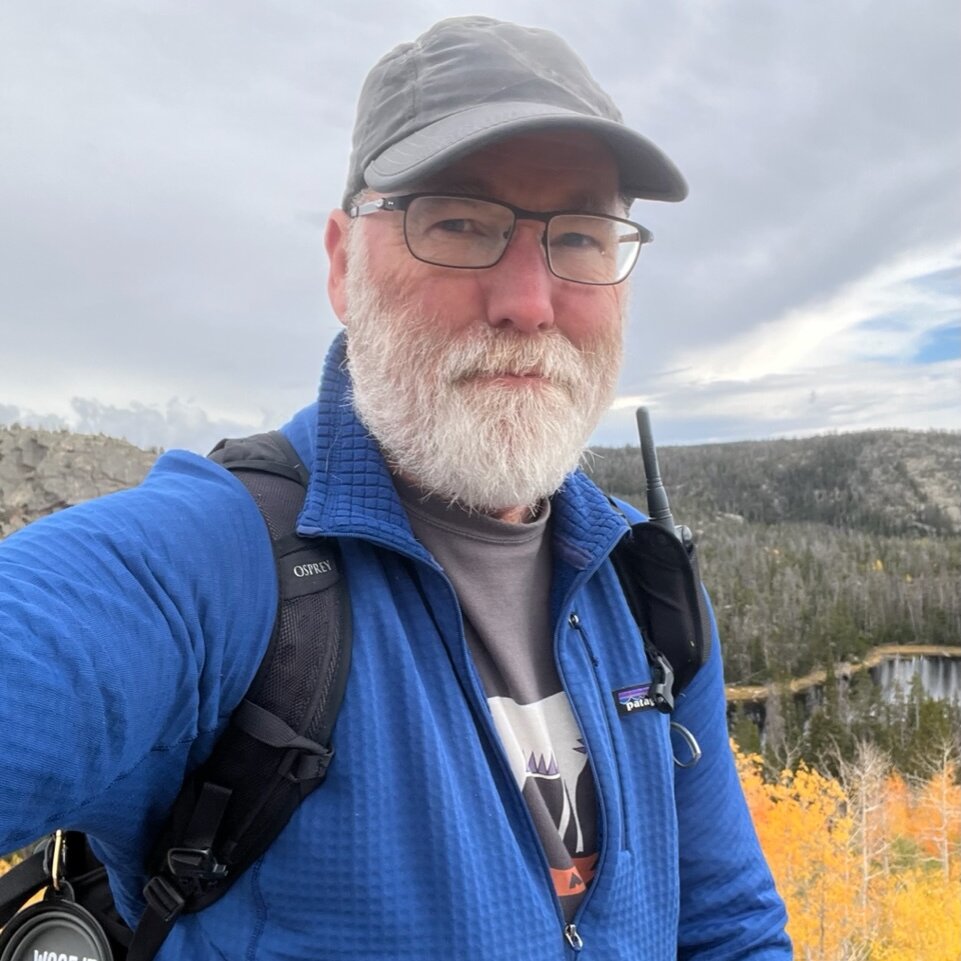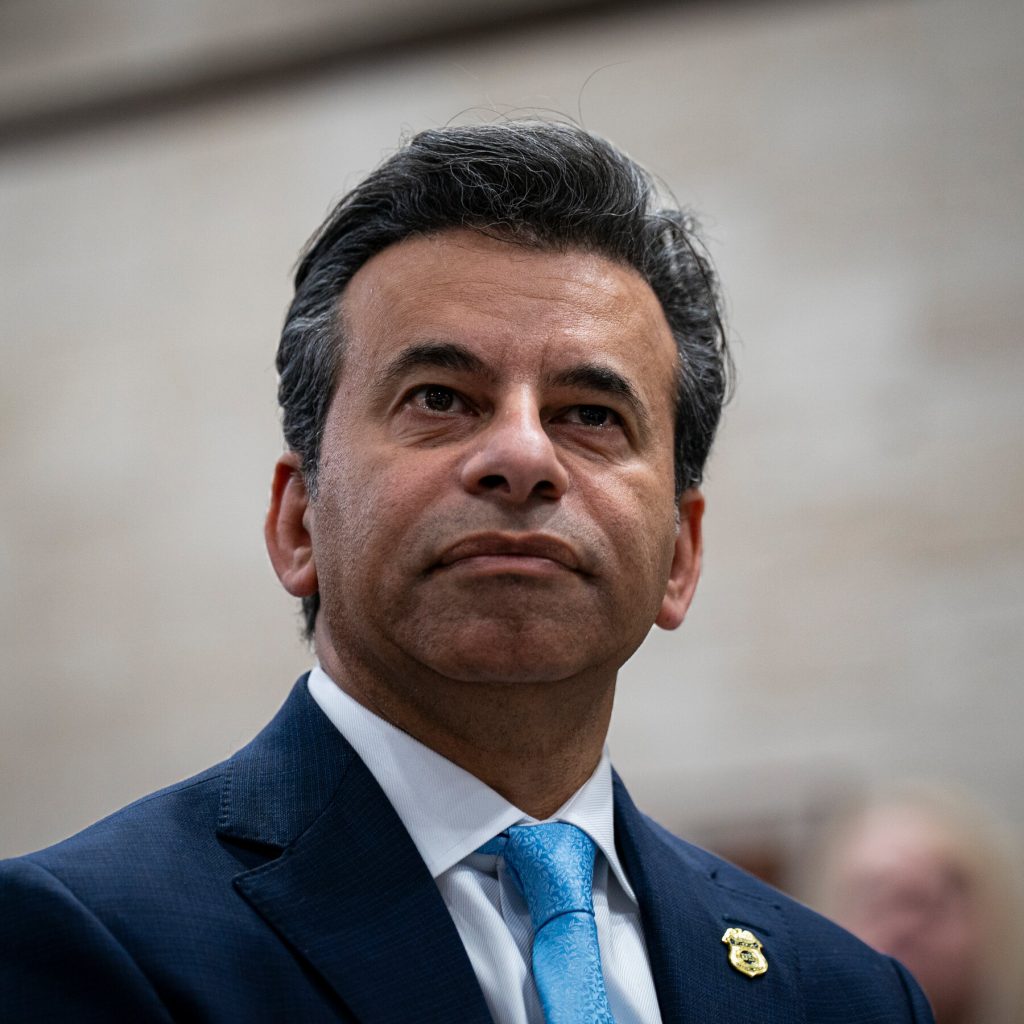Winning a Nobel Prize Interrupted His Off-the-Grid Vacation

Renowned scientist Fred Ramsdell’s life took a dramatic turn recently, but not in the most conventional way. He was awarded the prestigious Nobel Prize, a honor that eludes many, but the news took a while to reach him. The reason? He was on a vacation in the picturesque Rocky Mountains, deliberately disconnected from the world.
Ramsdell, in his quest for solitude and a break from the hustle and bustle of daily life, had chosen a secluded spot in the Rockies for his getaway. It was a place where modern amenities were scarce, and connectivity was virtually non-existent. Little did he know, his isolation would delay the news of his Nobel Prize win.
The announcement of his award was made on a typical day, but Ramsdell was blissfully unaware, too engrossed in his off-the-grid adventure. It wasn’t until nearly 12 hours after the news had broken that he finally found out. The delay was a result of his remote location, where news traveled slowly, if at all.
The Nobel Prize is one of the most esteemed recognitions in the scientific community, and Ramsdell’s win is a testament to his groundbreaking work. His research and contributions have had a profound impact on his field, earning him a place among the elite.
The news, when it finally reached Ramsdell, was met with a mix of surprise and joy. Being disconnected from the world for a brief period may have delayed the announcement, but it certainly did not diminish his achievement. Instead, it added a unique chapter to the story of his Nobel Prize win, one that highlights the serendipity and unexpectedness of life’s moments.
Ramsdell’s experience serves as a reminder of the world’s pace and our place within it. In an era dominated by instant connectivity and news, his vacation offered a refreshing escape. And when the news finally caught up with him, it was a moment he, and those around him, would cherish forever.




